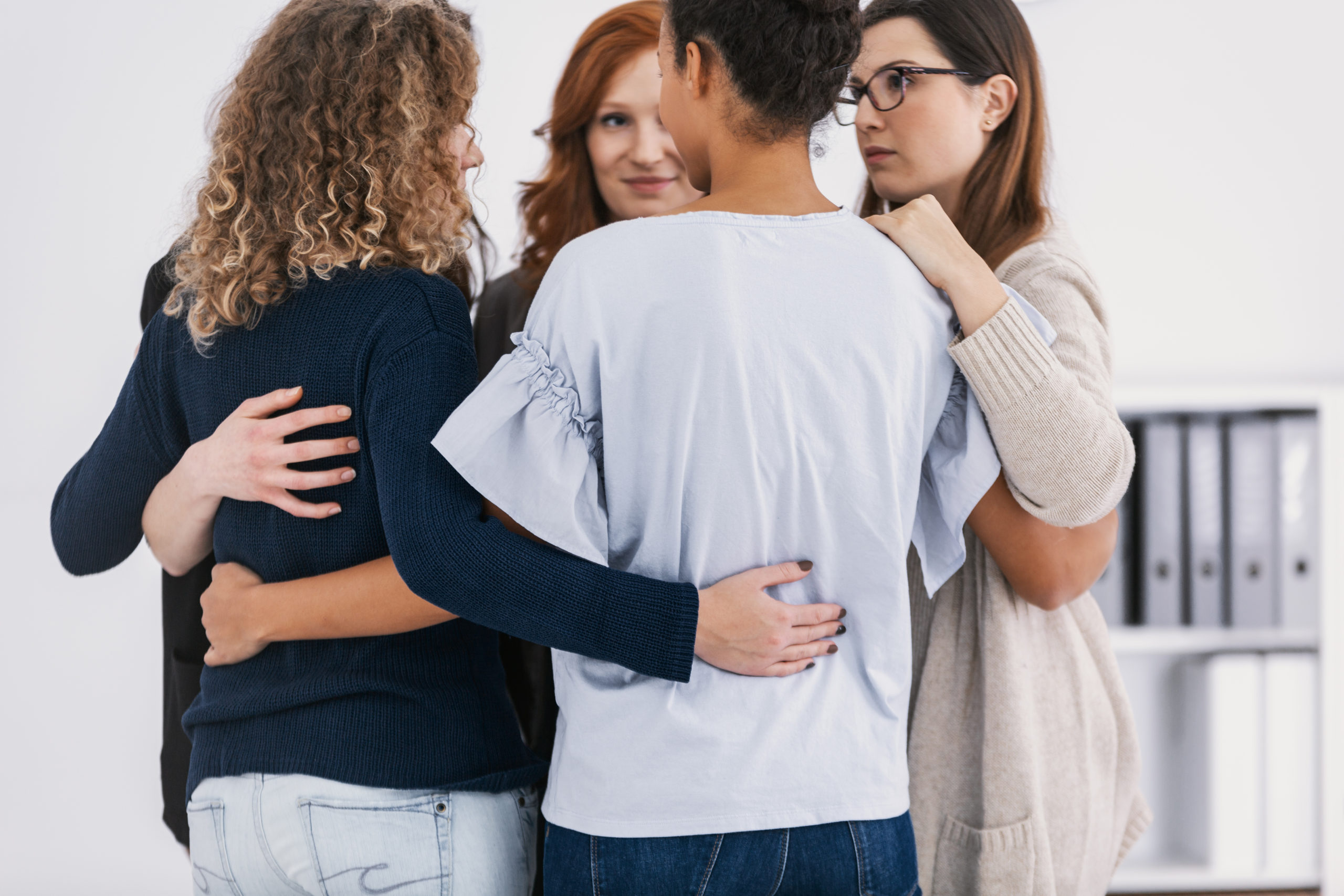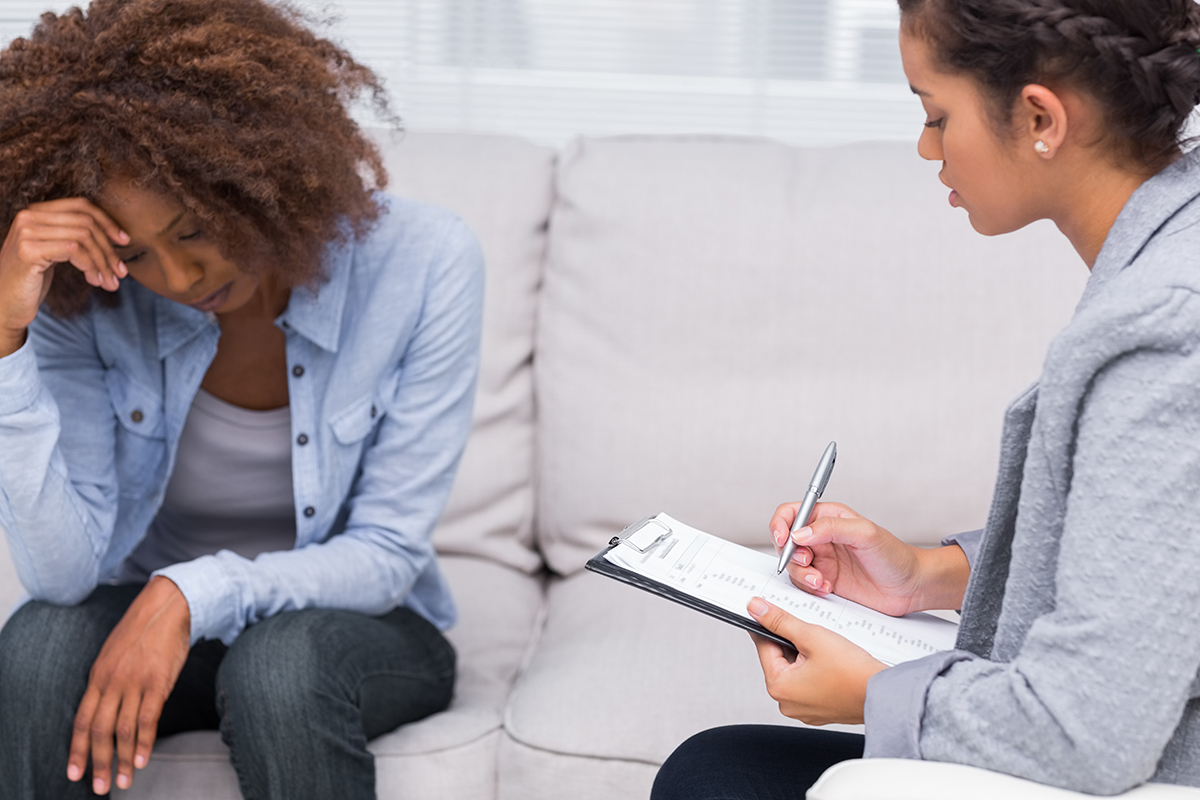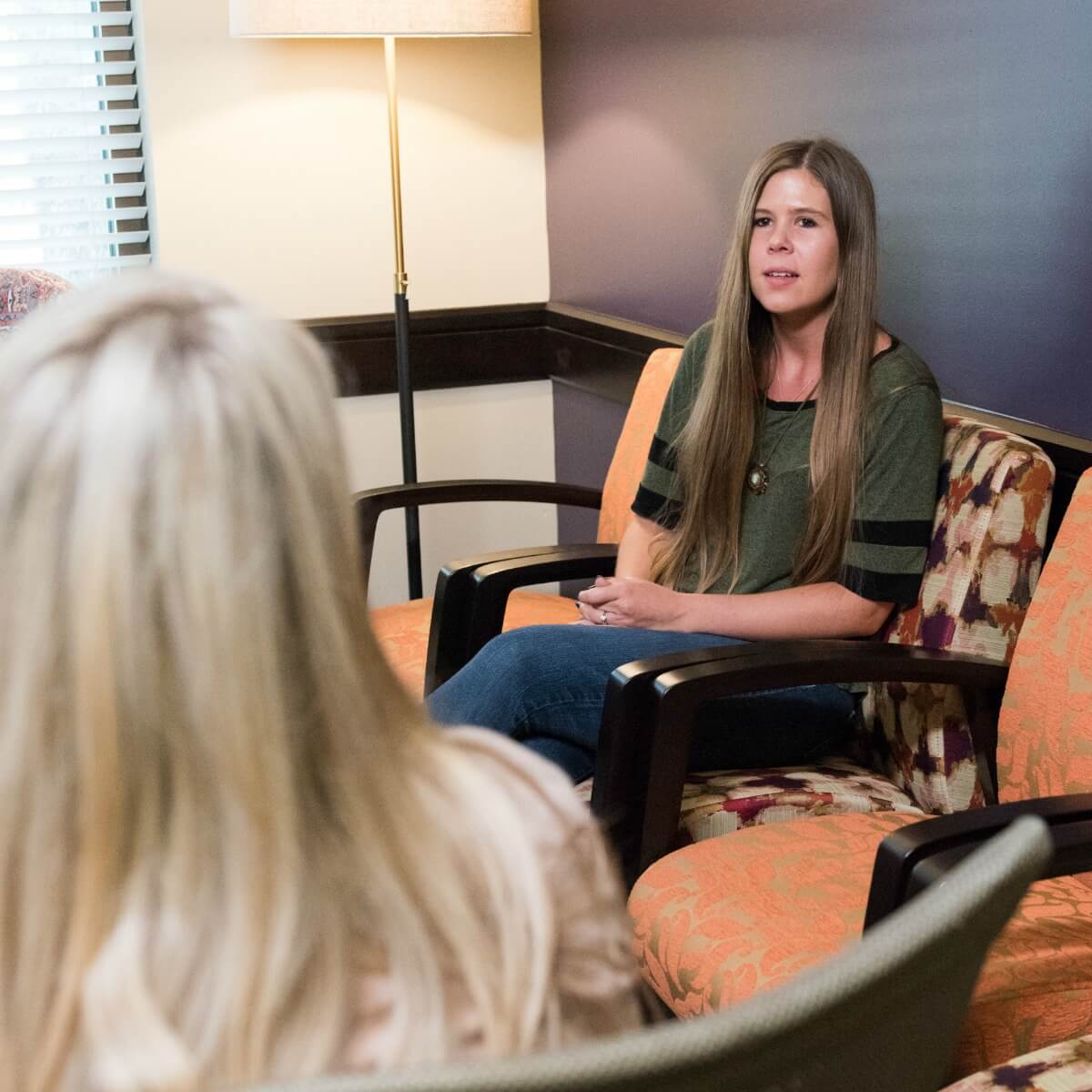

By: Lakeview Health
Addiction is a biopsychosocial disorder. It follows that recovering from the disease of addiction requires more than just the cessation of substance use. If the underlying causes of the drug or alcohol misuse are not addressed, the risk of relapse is significant. The aim of residential addiction treatment at Lakeview Health is a full body–mind–spirit recalibration of a person’s lifestyle. This goal is easier to attain in a gender-responsive environment. One reason for that is the role of fellowship in addiction treatment. Recovery is different for women: females respond differently to addictive substances than men, they often have different reasons for engaging in substance abuse, and they encounter different barriers to entering treatment. That is why the integrative health model at The Rose of Lakeview, our women’s rehab, looks at the medical, psychological, physical, and spiritual aspects of women’s recovery. While other women share similar experiences and can provide support, the presence of men can be a problem. “A history of trauma drastically increases the likelihood that a woman will abuse alcohol or other drugs,” writes addiction specialist Stephanie Covington. Quite often the trauma behind the addictive behavior of women involves domestic violence and/or sexual abuse. Many women with substance use disorders have been traumatized by men, but some women are too focused on the opposite sex and have to learn to appreciate the company of women. Alexandra “Allie” Tucker is a digital marketing specialist at Lakeview Health and in recovery herself. “I started out as one of those girls who only got along with guys because I found them easier to manipulate. When I first went to women-only meetings in recovery, I didn’t like it,” she remembers. The Power of Sisterhood The women quickly became Allie’s new friends. “When I decided to get sober, I realized that most of the people I knew were other alcoholics, bartenders, or strippers. It became clear that I had to make a change and that the people in rehab were going to be my new friends,” says Allie. “Mutuality and empathy empower women, not with power over others but with power that is used with others,” writes Dr. Covington. “As a result of mutuality and empathy, women feel more able to share power for constructive, creative ends.” Allie quickly learned how empowering her new friends were for her recovery. She worked with a phone list of women to call, to find out how their recovery was going and to talk about her challenges. One night, she was confronted with tequila shots in a bar and felt a strong craving to use alcohol. But she knew what to do instead. She started calling women on her phone list. “I probably called twelve or thirteen numbers before somebody picked up, since it was after midnight. The woman who answered the phone just let me talk for a while until I relaxed. I did not have a drink that night.” Allie began to realize how the presence of men can complicate recovery for women. She remembers a guy who was always hitting on women at meetings, and she remembers a female friend who was too intimidated to go to meetings because of her history of sexual trauma. Allie was also able to come to terms with her own relationship issues. “I had always attracted certain men because I didn’t have self-esteem. I was obsessed with relationships with men the same way I was obsessed with drinking alcohol.” In recovery, Allie learned to rely more on the friendship of women, free of sexual distractions, which enabled her to build up her own strength and focus fully on her recovery. “The more comfortable I became with my peers, the more comfortable I became with myself.” Allie has now been sober for three years and has many friends of both genders inside and outside the recovery community.





